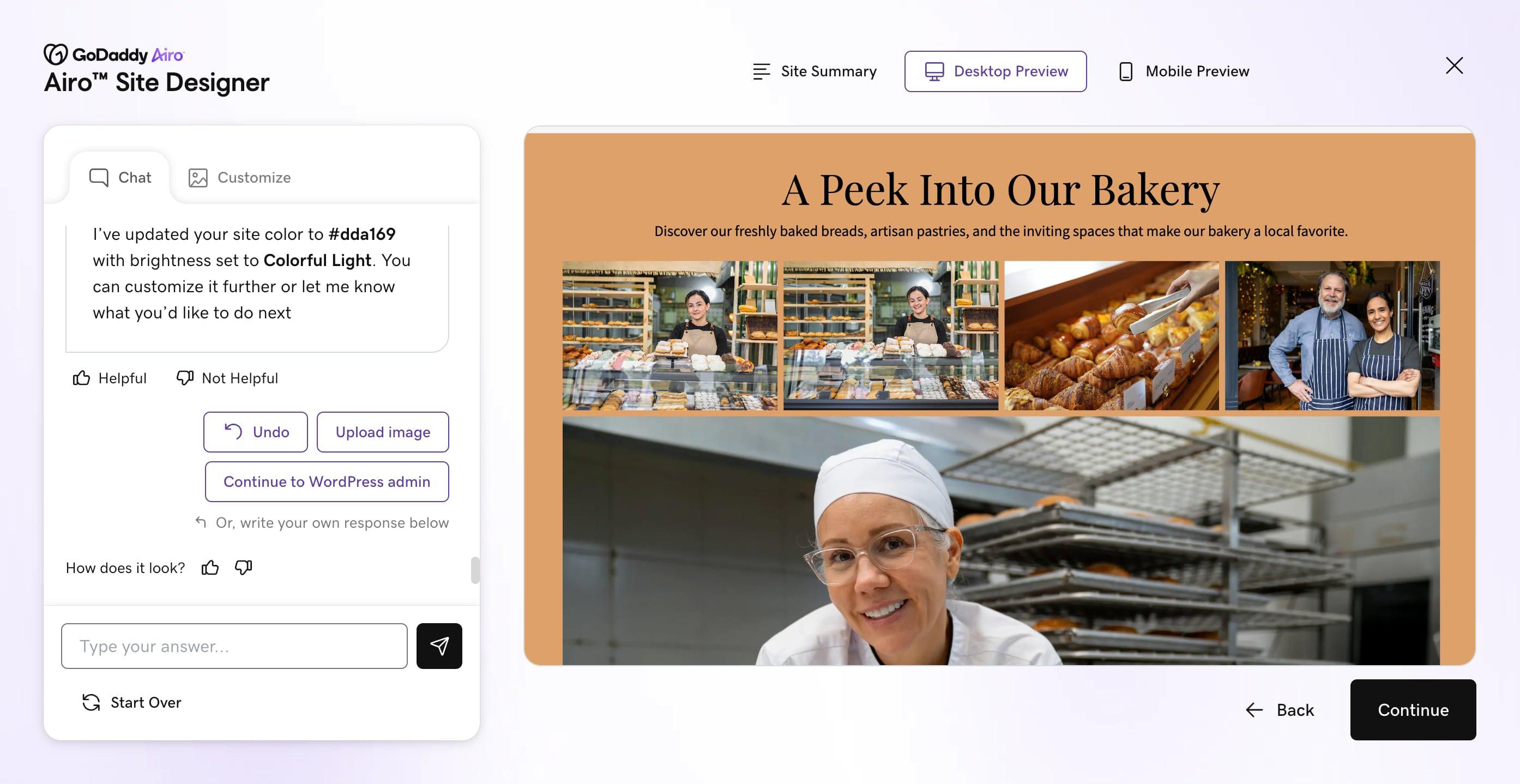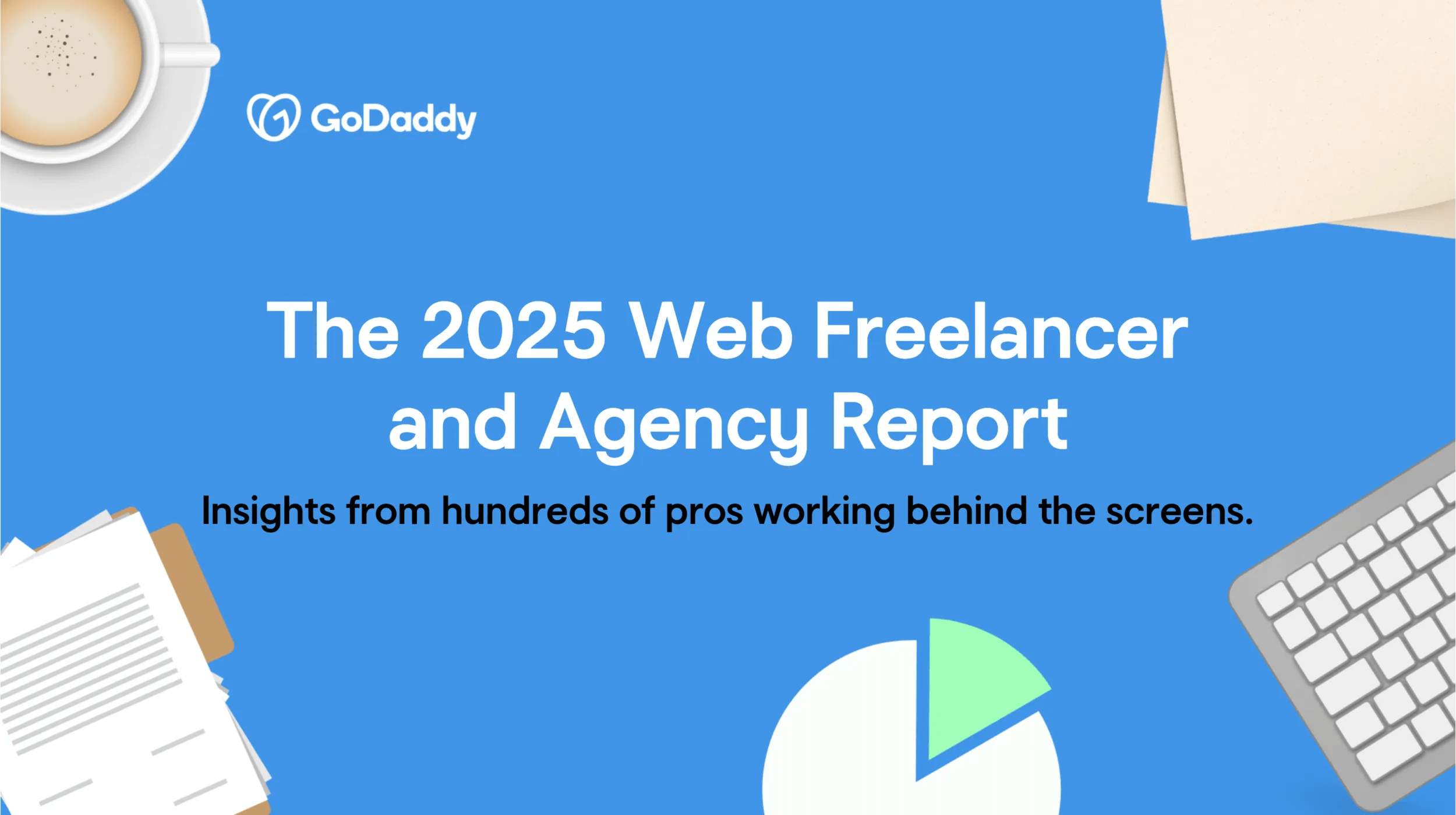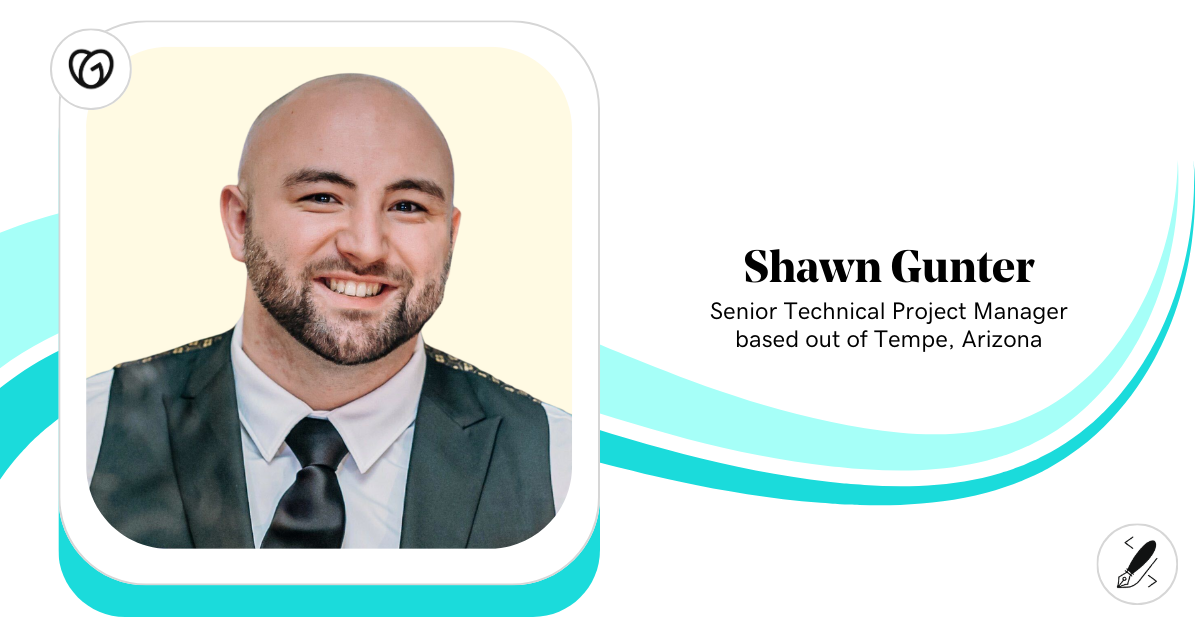As GoDaddy continues to establish itself within the WordPress community, our engineering teams look for new ways to improve processes and products such as Managed WordPress and Managed Hosting for WooCommerce.
One of the most anticipated developments was support for PHP 8.
WordPress developers at GoDaddy are tasked with delivering an experience that combines cutting-edge features with industry-leading value — no small task. We caught up with a few key individuals to get an insider's look at how GoDaddy is working to build the best possible WordPress experience.
Hear it from the WordPress Engineering team at GoDaddy
From a high level, which aspects of our WordPress experience get the highest priority? We asked Jeff Uberstine, Senior Manager of WordPress Development at GoDaddy, for his thoughts.
What's been driving PHP upgrades as a higher priority?
It’s really simple. Our customers expect to be able to use the latest modern technology and there is no reason we shouldn’t be able to deliver on that expectation!
What challenges did you face getting all Managed WordPress plans to support PHP 8?
Managed WordPress had some pretty significant technical debt that prevented us from easily launching PHP 7.4 and 8. We basically had to rebuild large chunks of the product to enable support for the packages needed to run PHP 8.0. Going forward, this will be much easier.
In the future, will new PHP versions take as long to be supported on our Managed WordPress plans?
We sincerely believe we can add support for new PHP versions within 30 days of release by PHP.net and support by WordPress core. We recently launched PHP 8.1, within 30 days of WordPress 6.0 supporting it. That said, if WordPress itself does not have proper support for those versions, we may delay enabling the new versions for our customers until they do.
Could you describe any recent failures and lessons learned with managing PHP?
It was a failure on GoDaddy’s behalf that it took us over 1 year post release to get customers PHP 7.4 and 8.0. We are here to make the commitment that it won’t happen again.
Could you describe any recent successes and how you were able to achieve them?
WordPress tends to run faster on PHP 7.4 and enabling PHP 7.4 and 8.0 has been received very positively from our customers. During this process, we revamped the system to enable speedy PHP upgrades in the future, be it a new version completely or just being able to upgrade to a later sub-version release.







